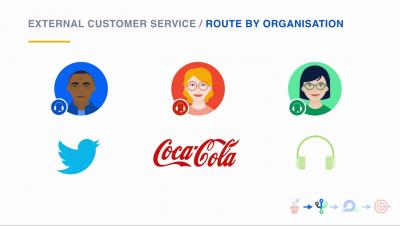CFEngine LTS 3.10.5 released
Today we are very happy to announce the maintenance release of CFEngine 3.10.5. This is an update to the LTS 3.10 series, adding improved stability, several bug fixes and increased performance. 3.10 LTS is the successor of 3.7 LTS that, since August 2018, is no longer supported. We recommend everyone still using CFEngine 3.7 to upgrade to either 3.10 or 3.12. We are available to support you with such an upgrade if you need it.








